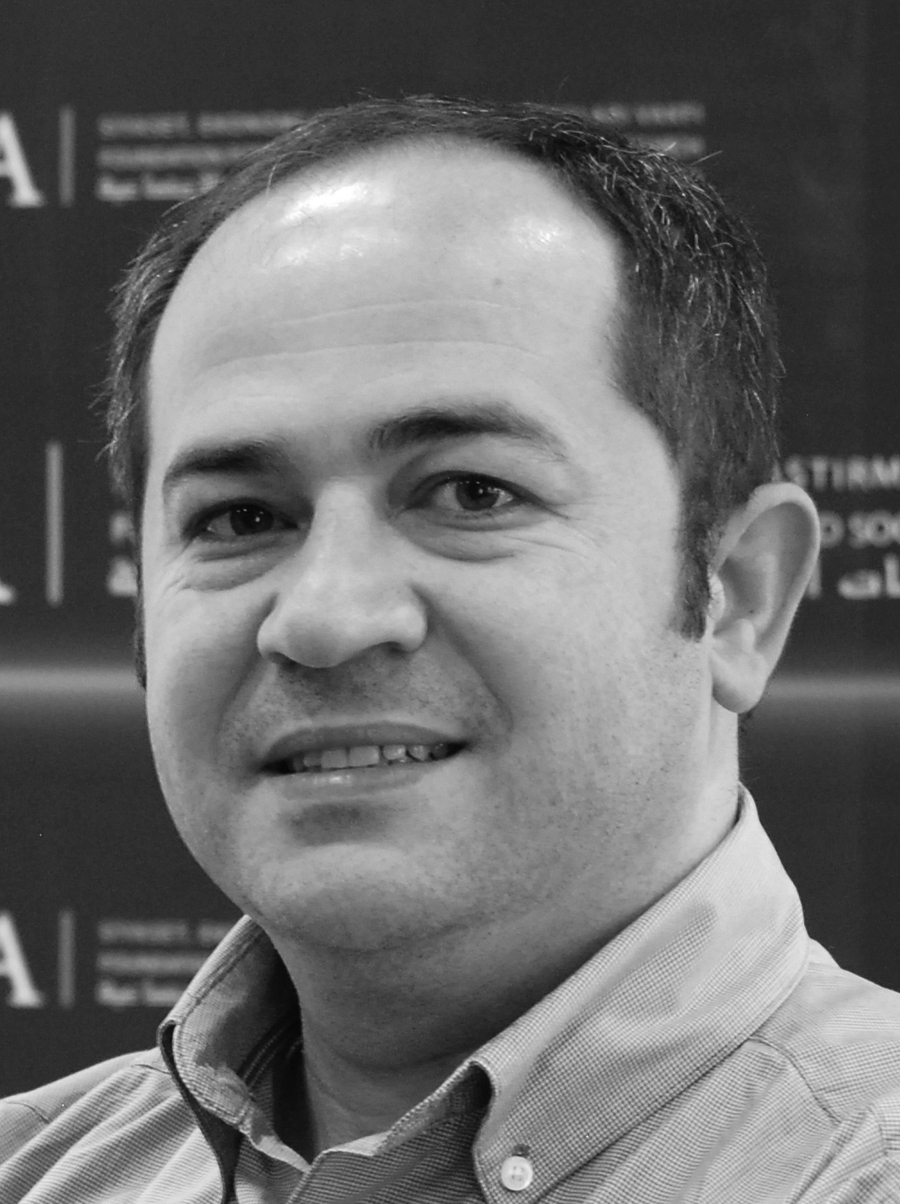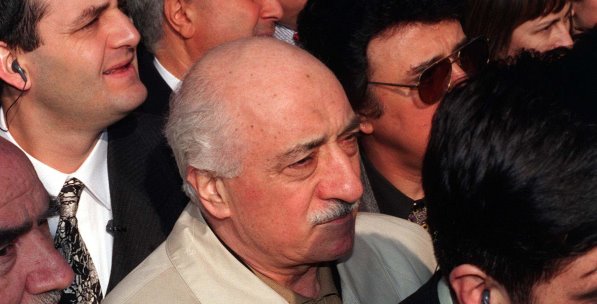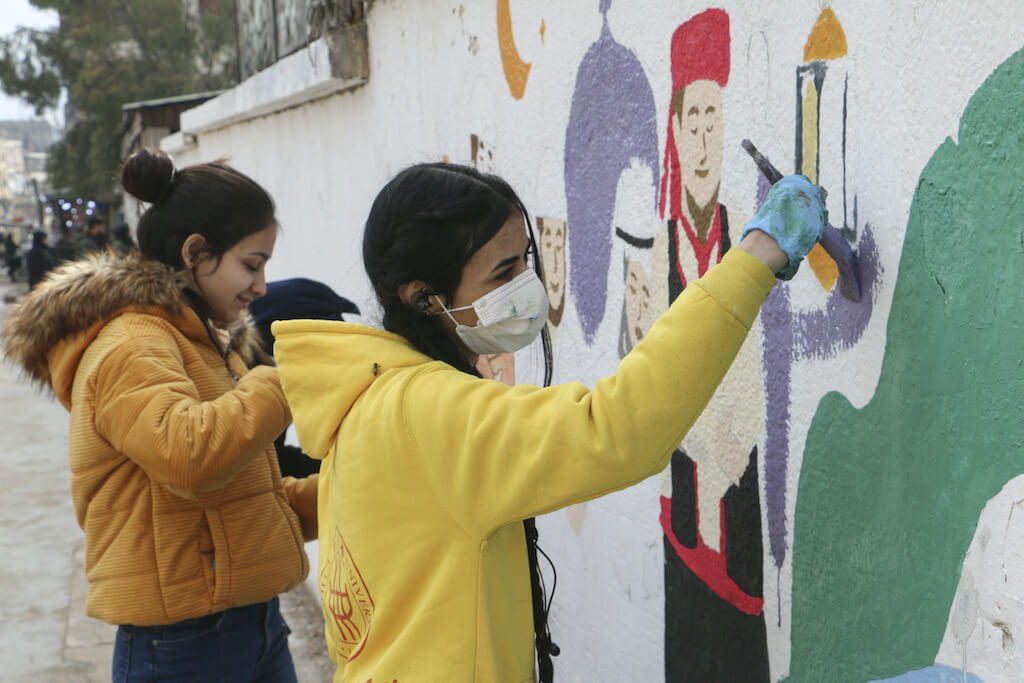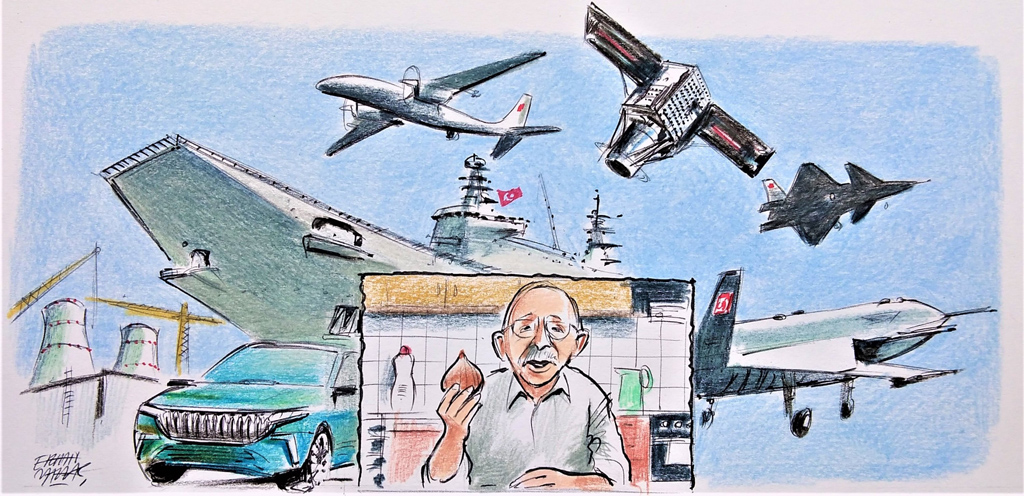In recent years, Fethullah Gülen has consistently been included among Turkey's most controversial figures. Although Gülen owes his recent popularity to a power struggle with the AK Party, he was once known as a man who remained on good terms with Turkish governments of all political stripes. Similarly, many knew Gülen as a supporter of religious and civic activities as opposed to the mastermind behind illegal wiretaps, national security breaches and blackmail against politicians, businesspeople and the media. The striking contrast between Gülen's many faces makes it difficult to understand the man and his followers.
First and foremost, Fethullah Gülen is a Muslim cleric and preacher whose sermons attracted an initial circle of followers. Gülen and his network understandably adopted religious terminology and justified their deeds with references to religion. Similarly, the movement promoted Islamic values among the country's youth through their education programs. Based on this, the network came to be seen as a religious entity. Gülenists also resorted to using religious justifications in their fight against the government. From the late 1980s onwards, Gülen and his followers gradually transformed their primary identity from a religious community into a social movement by concentrating their efforts on education and charity as well as gaining influence in business and media.
During this second phase, Gülenists largely maintained their original organization as an orthodox religious community among themselves while adopting a somewhat timid discourse when interacting with outsiders. The postmodern coup on Feb. 28, 1997 marked a second break with tradition for the Gülen network. First, the cleric and the community's senior leadership relocated to the United States while Gülenists expanded their operations worldwide.
Furthermore, the movement assisted the AK Party in undermining military tutelage in return for asserting greater influence over the judiciary and the police corps. Having long strived to hold sway over strategic government institutions, Gülenists gradually eliminated all competing cliques in intelligence units, law enforcement and the judicial system.
The network's growing power in key institutions saw it shift its priorities from 2007 onward. Abandoning traditional plans to transform state and society through civic initiatives, Gülenists sought to impose their rules on the political leadership while Gülenaffiliated bureaucrats abused their official powers for the network's own gain. Examples of this include the Gülenist bureaucracy's resistance to government policy on the Kurdish issue, foreign policy and relations with the military.
Today, each new development reveals how Gülen and his followers exploit informal links between Gülen-affiliated law enforcement agents, prosecutors, judges and media outlets that leave no stone unturned and conveniently identify terrorist cells, gangs, traitors and corrupt officials as they go. As such, there is no doubt that the Gülen network no longer represents a religious community nor a non-governmental organization, but instead has emerged as a major organization engaged in a war within the state.
[Daily Sabah, March 3, 2014]









